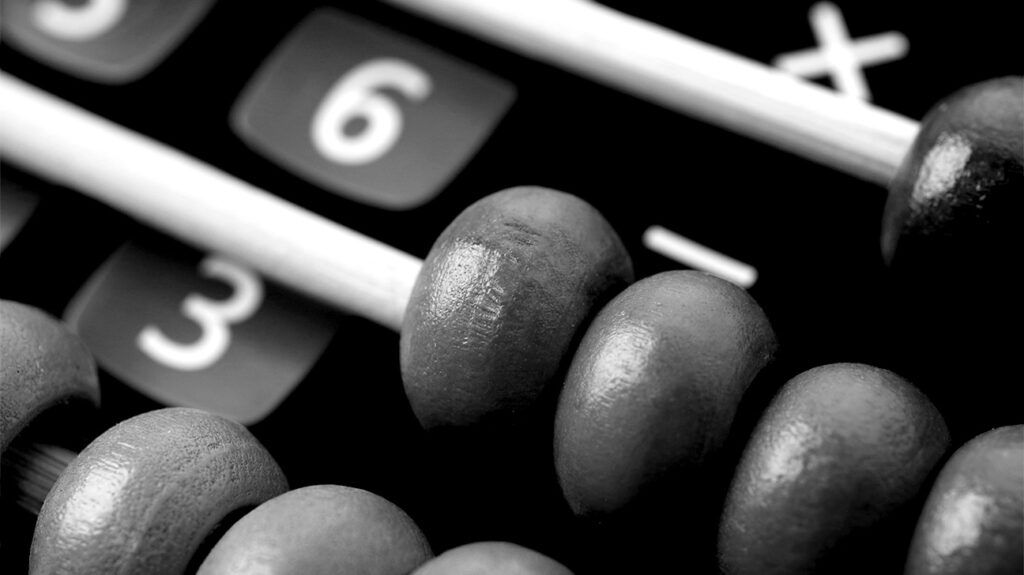Overeating over a long period can have dire consequences for health. Being aware of food intake alongside counting calories may help with weight management.
According to the Centers for Disease Control and Prevention (CDC), the percentage of American adults ages 20 or older who are overweight or obese has risen to 71 percent. Being overweight or obese can increase the risk for diseases such as heart disease and high blood pressure.
One of the keys to losing weight is consuming fewer calories than burned.
Fast facts
- Gender, age, and activity level affect your recommended daily calorie intake.
- To lose weight, you must eat fewer calories than you burn each day.
- Be wary of any diet that severely limits what you can or cannot eat or drink.
- Avoid diets that dramatically restrict how many calories you consume unless you’re under medical supervision.

The
| Person | Calories per day |
| Women, 19-51 years old | 1,800-2,400 |
| Men, 19-51 years old | 2,200-3,000 |
| Children and adolescents, 2-18 years old | 1,000-3,200 |
The number of USDA-recommended calories varies by gender, age, and activity level. People who lead more active lifestyles or want to gain weight must consume more calories.
If a person wants to lose weight, the answer is simple, at least in theory. They must eat fewer calories than using each day.
Once they find their suggested calorie level, subtract about 500 calories, allowing for about a pound per week of weight loss. But be careful; diets that promote very low calorie intakes, usually under 800 to 1,000 calories per day, can have significant negative side effects, such as:
Rapid weight loss can also cause gallstones. The risk is high for women. To help people determine how many calories they eat, they can track what they eat daily.
Remember to eat a healthy balance of:
- fruits
- vegetables
- grains
- protein
- dairy
- healthy fats
Limit the amount of added sugar eaten each day.
While food eaten in large quantities can cause a person to overshoot their calorie target, some may be harder to portion control than others. Ultra-processed foods and those that digest quickly can lead to overconsumption. Foods such as the following can quickly add inches to waistlines if a person does not monitor portions:
- soda
- processed grains like pasta and high-sugar cereals
- fried foods
- salad dressing
Checking the nutrition label on the back of the packaging can ensure a person is not inadvertently eating something high in calories. Pay attention to the serving size.
Avoid eating foods that contain many “empty calories.” These are typically foods high in fat and sugars but containing little to no other nutrients.
When eating out at a restaurant, ask for nutrition and calorie information about the food on the menu. You can always take leftovers home to munch on later.
Crash diets are very low calorie diets aimed at quick weight loss. They are naturally unbalanced and can cause long-term health problems. These health concerns include:
- suppressing the immune system
- slowing down the metabolism
- causing dehydration
- malnutrition
- permanent heart problems, if done repeatedly
Cleanses can also be dangerous if done for a prolonged time, say longer than three to five days. These are liquid-based diets. For example, people on the Master Cleanse consume nothing but a mixture of the following elements for several days:
- water
- lemon juice
- maple syrup
- cayenne pepper
Cleanses stem from the incorrect assumption that the body needs help getting rid of toxins. Not only are these diets ineffective, but they can also be dangerous. Weight cycling increases the risk of dying from coronary artery heart disease.
Be wary of anything that severely limits food and drink or severely restricts calorie intake.
Is calorie counting a good way to lose weight?
Lowering the amount of daily calories consumed can help people lose weight, meaning they burn more than they consume.
How many calories should a person eat a day if losing weight?
A person should speak with a dietitian to estimate their calorie need for weight loss. MyPlate can help people get an idea themselves.
The number of daily calories the body requires depends on various factors, including genetics, gender, age, weight, body composition, and activity level. The USDA lists recommended daily calories for men, women, and children of all ages and activity levels.
If a person is trying to lose weight, they should talk with a registered dietitian to get help on the best interventions to lose weight. If they decide to follow a specific diet, be wary if it severely limits food choices or the number of calories consumed.
